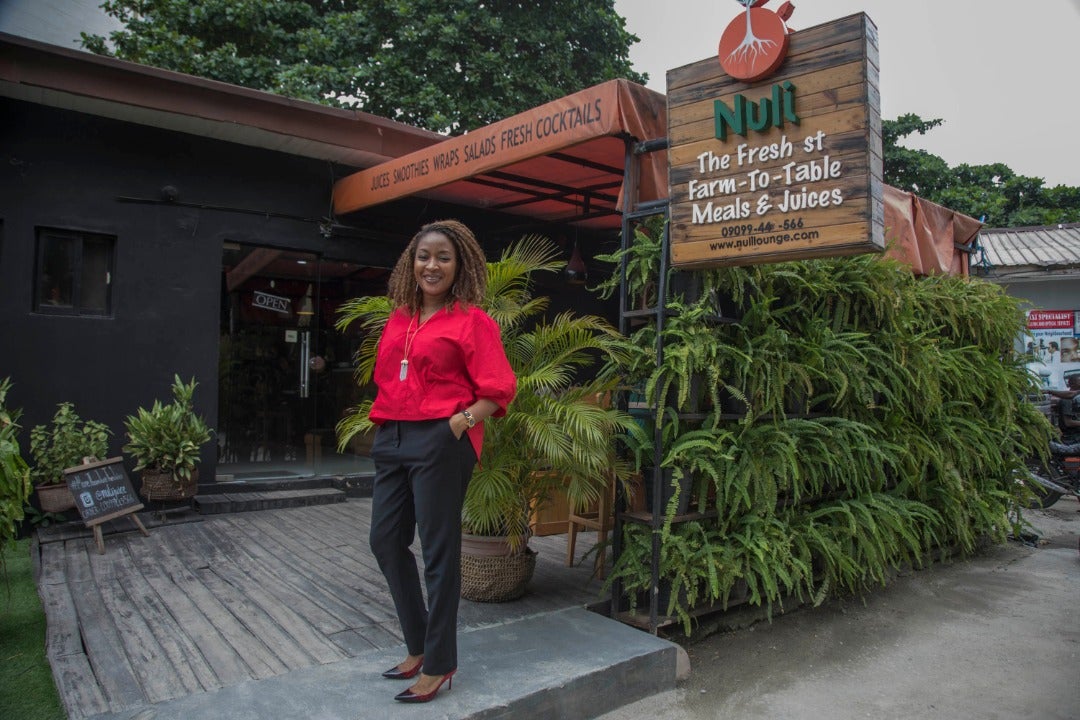
COVID-19 continues to sweep across borders, wreaking economic havoc around the world. And the aftershocks it inflicts are deeply impacting women-owned businesses. In a WeConnect International survey of 600 women-led businesses in emerging markets, 90 percent reported a decrease in sales from January to March 2020, with 56 percent reporting an urgent need of working capital.
Well before the pandemic, women faced financial constraints to grow their businesses. The unmet demand for credit among women-owned formal micro, small, and medium-sized enterprises (MSMEs) in developing countries was estimated at $1.5 trillion before COVID-19. Yet, women-owned businesses are an untapped opportunity—especially in developing countries, where small and medium enterprises generate 70 percent of jobs and 40 percent of economic growth. If women and men participated equally as entrepreneurs as much as $5 trillion could be added to the global economy.
Working capital allows women business owners to pay employees and continue participating in the global supply chain. It allows them to survive especially in times of crisis. In April, IFC’s Banking on Women program hosted a session about how the COVID-19 pandemic was affecting women business owners and their companies. Ada Osakwe, owner of Nuli Juice company in Nigeria, explained that before the pandemic her business was booming. After adding six new stores in Lagos last year, she was looking forward to expanding her customer base using new technologies. Then coronavirus hit. Osakwe was forced to shut down all of her shops and send workers home. She expressed concern for the viability of her company and urged financial institutions to do more to help struggling SMEs.
Supporting banks to support businesses
Without essential liquidity, capital, and expertise, many SMEs won’t be able to weather the storm.
The Women Entrepreneurs Opportunity Facility (WEOF)—a partnership between IFC’s Banking on Women and Goldman Sachs 10,000 Women— is working with entrepreneurs and financial institutions to help address the challenges that people like Osakwe are facing.
WEOF, together with the Global SME Finance Facility and the Women Entrepreneurs Finance Initiative (We-Fi), is offering new incentives for financial institutions to provide working capital solutions that specifically include women-owned businesses. Up to $2.4 million will be provided as performance-based incentives to financial institutions that agree to earmark 20 percent or more of IFC’s working-capital loan proceeds for lending to women customers and women-led enterprises.
One important goal of this initiative is to provide a platform to incentivize financial institutions to track gender-disaggregated data in their portfolios. If this practice continues, it is proven to have the potential to increase both the quality and supply of financing to women and women-led businesses, as well as enhance the business case for financing women. Financial institutions play a pivotal role in the rebounding and growth of women-owned SMEs. Now is the time to be resolute in our support of women-led businesses for resilient companies, economies, and communities.



Join the Conversation